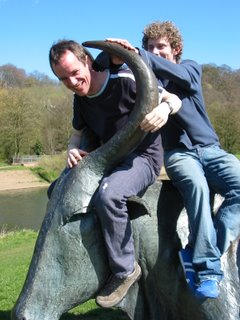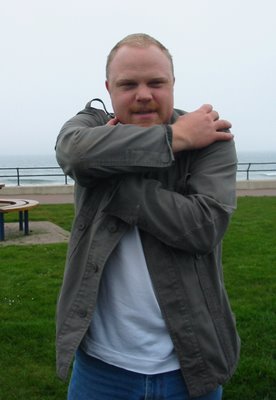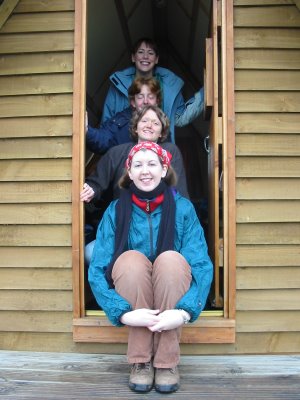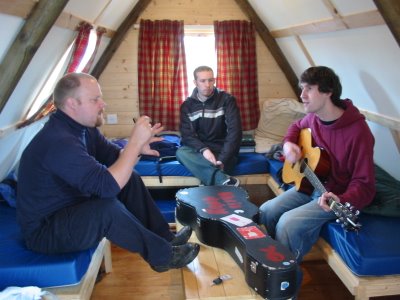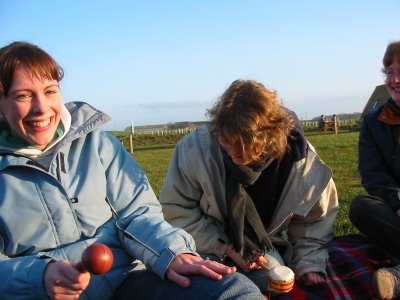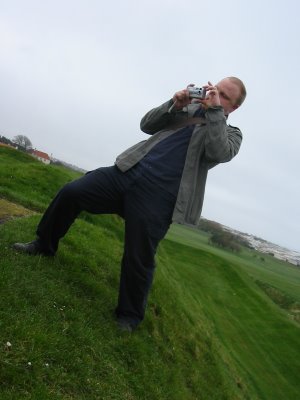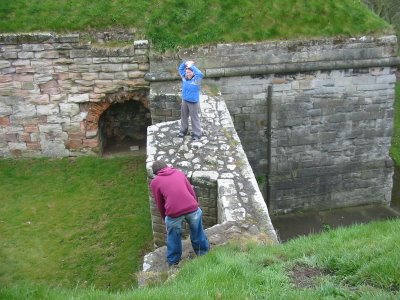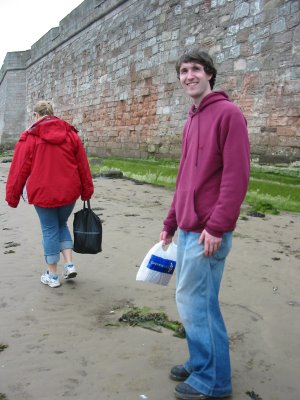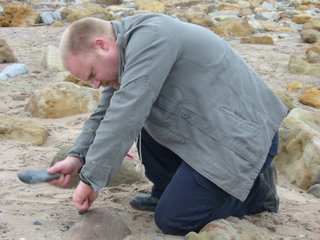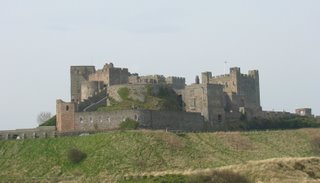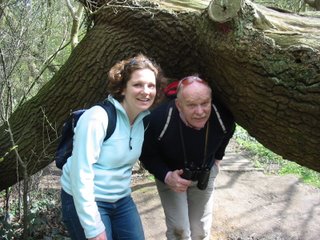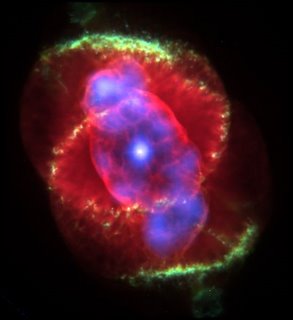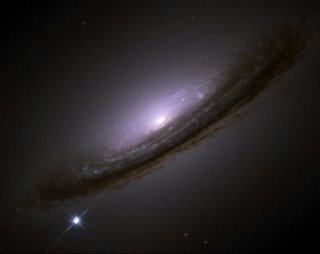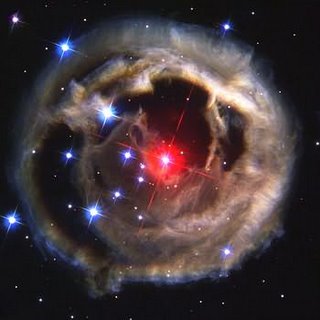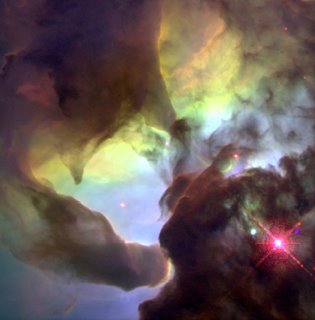At first glance, little connection is apparent, but both incidents are tied together by a simple question: "What do you want me to do for you?"
Jesus asks this question twice, to James and John and later to Bartimaeus, and he receives two very different responses.
- James and John: "They replied, 'Let one of us sit at your right and the other at your left in your glory.'" (v.37)
- Bartimaeus: "The blind man said, 'Rabbi, I want to see.'"
"They will condemn [the Son of Man] to death and will hand him over to the Gentiles, who will mock him and spit on him, flog him and kill him." (v.33-34)
Tom Wright points out that the disciples probably thought (or preferred to think) that Jesus was talking in pictures, as he often did, and did not mean literally. After all, he closes with the mysterious: "Three days later he will rise."
But clearly their request is born in their ambition and Jesus gently denies their request, warning them that they don't know what they're asking for. He takes the opportunity to describe once again the upside-down nature of the new kingdom: "whoever wants to become great among you must be your servant, and whoever wants to be first must be slave of all" (v.43).
Bartimaeus' request is also a personal one. He doesn't ask for world peace, or for power or riches, he wants to see. And he is healed immediately.
"'Go,' said Jesus, 'your faith has healed you.'" (v.52)
It's interesting to remember that the last time we come across a story of a blind man being healed, in Mark 8, it follows directly on from Jesus berating his disciples about their lack of understanding and their failure to see:
"Why are you talking about having no bread? Do you still not see or understand? Are your heart's hardened? Do you have eyes but fail to see, and ears but fail to hear?" (Mark 8:17-18)
Again, in this chapter, Mark follows a story about the disciples' lack of understanding with one about a blind man receiving his sight. In setting these stories against each other, Mark leaves us asking where the real blindness lies.
I'm left pondering my own answer to Jesus' question: "What do you want me to do for you?" How often do I assume I've got the picture of what God's doing, wanting to get involved, wanting to gain influence and status? Or do I answer honestly out of my weakness and need: "I want to see."


